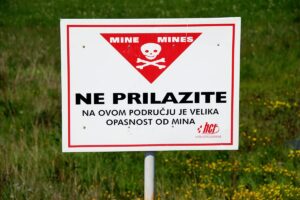Croatia is witnessing a notable resurgence in skilled trades, driven by rising demand and targeted investment.
In 2024, 861 individuals obtained master craftsman qualifications, contributing to a workforce of over 240,000 artisans and supporting nearly 130,000 small businesses.
Eastern Osječko-baranjska County alone welcomed 40 new masters, including electricians and hairdressers.
While the master’s exam isn’t a requirement for entrepreneurship, it represents a high level of professional recognition and is often a springboard for launching new ventures—like one newly certified gas fitter who now plans to open his own business.
Local chambers report a surge in resilience and adaptability among tradespeople, while the master title is increasingly seen as a mark of quality.
National initiatives—such as grants, interest-free loans, and investment schemes—have further catalyzed growth, with over 50 new trades registered in just one month.
This momentum underscores a broader shift: in Croatia, skilled trades are emerging not just as viable careers, but as vital engines of the national economy.







